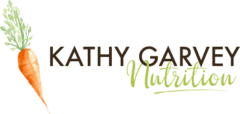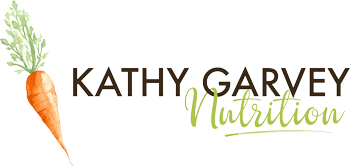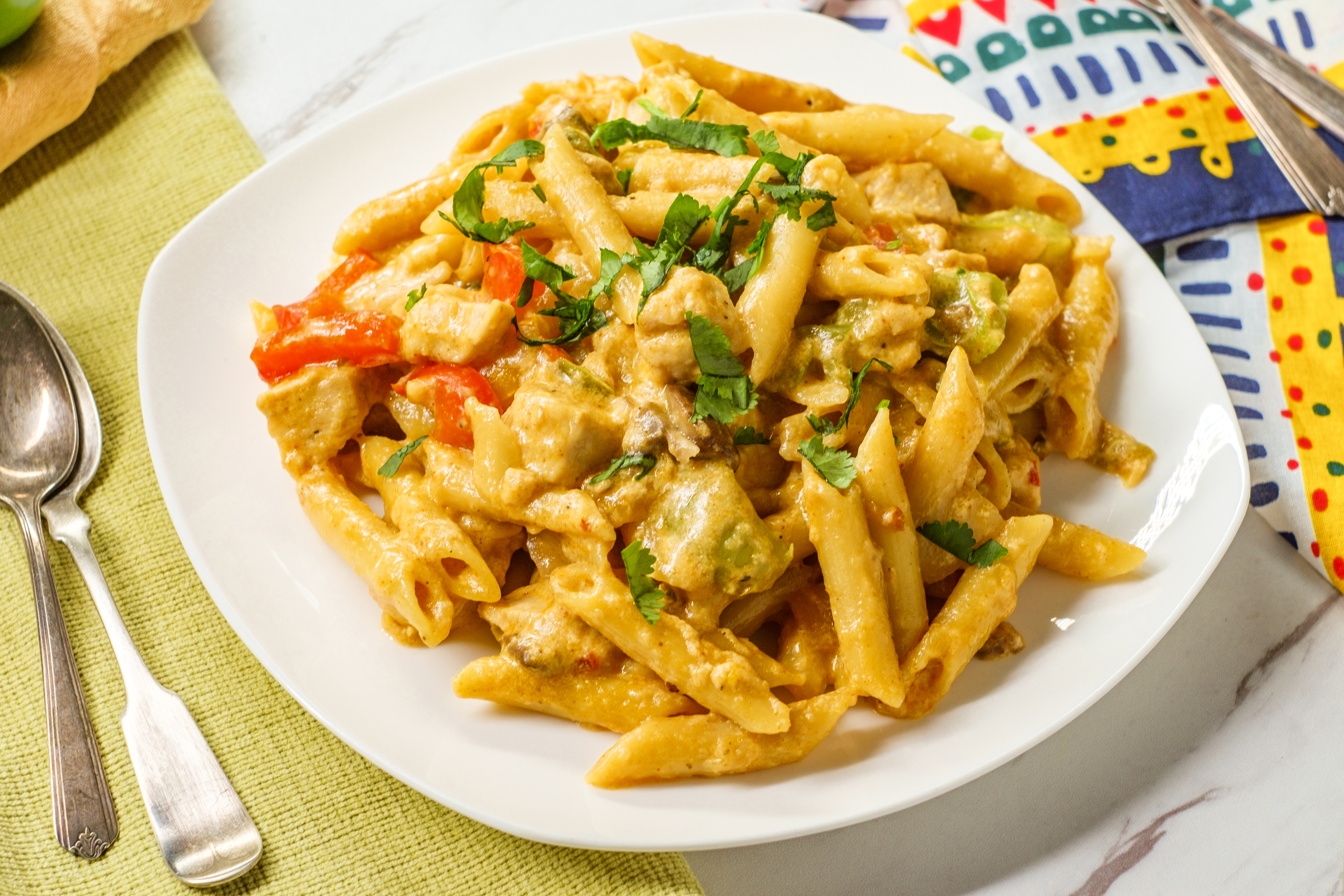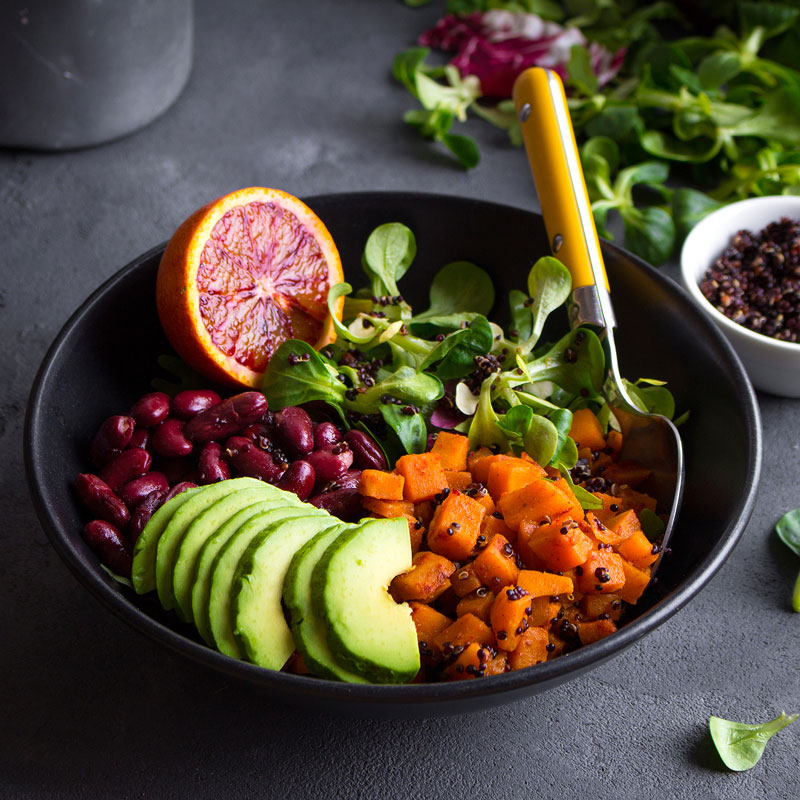Calcium is one of the most important minerals for overall health and is used by almost every cell in the human body in some way. Calcium is vital to the formation and maintainence of healthy teeth and bones and proper intake over the long haul can help prevent osteoporosis. Additionally, recent studies have shown higher calcium intake offers a boost in metabolism and can help with weight loss.
But many of us have trouble tolerating dairy and struggle to meet our calcium needs. The Recommended Daily Allowance (RDA) for calcium is 1,000 milligrams daily for adults. For women over 50 and men over 70 years of age, this increases to 1,200 milligrams per day. So how can you meet you calcium needs if lactose intolerance or milk allergy is a problem?
If you suffer from lactose intolerance, try a lactose free milk or yogurt. The lactose free milks have the lactase enzyme added, which breaks down the lactose for you and makes the milk taste a little sweter. Lactose-free yogurt options include those with lactase added plus others made from milk alternatives like soy, almond, or coconut milk.
Plants are another great source of calcium that is dairy-free.

-
Soybeans or edamame and soybean products like soy milk and tofu – at 290 mg per cup or per 100 grams
-
White beans – 160 mg per cup
-
Spinach – 145 mg per 1/2 cup
-
Tahini – 120 mg per tablespoon
-
Chickpeas – 80 mg per cup
-
Chiaseeds – 75 mg per tablespoon
-
Oranges – 65 mg per medium orange
-
Broccoli – 60 mg per cup
-
Sweet potato – 40 mg per medium potato
-
Almonds – 30 mg per 9 nuts
-
Quinoa – 30 mg per cup




